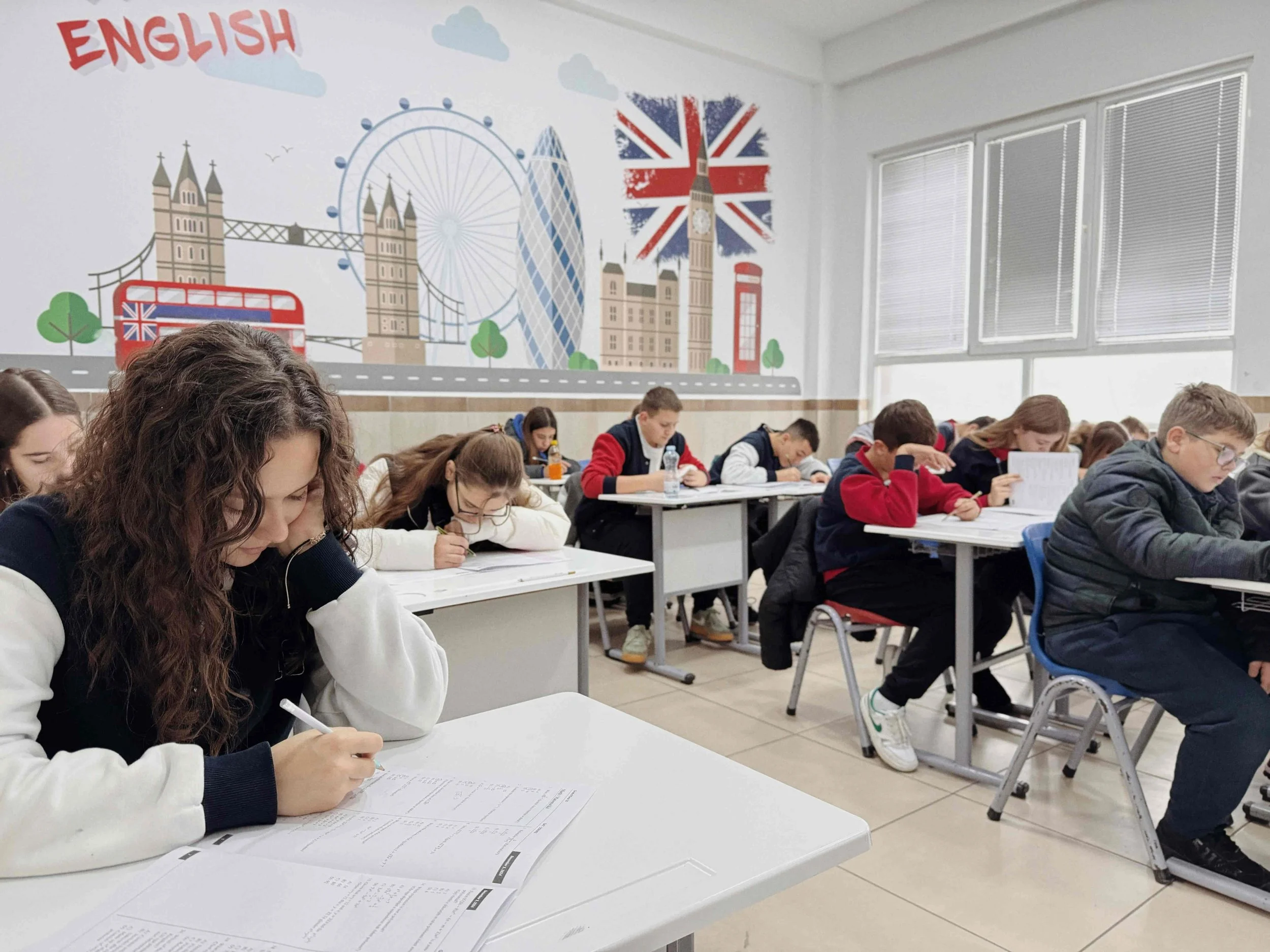Building Bridges: Partnerships and Innovative Services for Middle School Graduates
Graduation from middle school marks a pivotal moment.
It is when young people consider whether to continue studying, enter the labour market, or explore experiences abroad. Families often provide initial guidance, but research by the OECD shows that families alone cannot offer the breadth of information needed; schools must democratise access to career information and experiences (OECD, 2021).
Middle schools that build bridges with external partners and invest in innovative services can better support their graduates while enhancing their own visibility and impact.
Every Report that is mentioned in this Blog will be linked at the End of the page for further reading.
Building Bridges with Firms and Universities
Close collaboration between education and industry benefits all parties.
According to the European Commission’s overview of university‑business cooperation, closer links encourage the exchange of knowledge about skills needs, foster long‑term partnerships and innovation, and help graduates acquire the skills and mindsets needed on the job market (European Commission, 2022).
Partnerships can take many forms:
Work‑based learning placements: Public‑private partnerships help middle schools and VET institutions collaborate with companies to provide internships and apprenticeships. These partnerships ensure students get hands‑on experience that enhances their employability (European Training Foundation, 2020).
Centres of vocational excellence (CoVEs): Public‑private partnerships allow VET institutions to combine expertise from multiple actors, leading to innovation, optimised curriculum design and work‑based learning. When CoVEs operate autonomously in forging partnerships, they can adapt curricula quickly to evolving skills needs, ensuring that students graduate with employable skills (European Training Foundation, 2020).
University partnerships and research collaborations: Even in compulsory schooling, middle schools can collaborate with nearby universities to expose students to research environments and academic projects. Such initiatives demystify higher educational institutions and motivate students to pursue tertiary studies.
For middle schools, these partnerships enhance institutional relevance.
They provide students with internships, job‑shadowing and research opportunities while giving firms and universities a pipeline of motivated, better‑prepared learners. Eurostat data show that 83.5% of recent graduates aged 20–34 were employed in 2023, but there is a significant gap between those with tertiary education (87.7 %) and those with only medium education (78.1 %) (Eurostat, 2024).
By exposing students early to higher education and work environments, schools can help narrow these gaps.
Innovative Services Schools Can Offer Graduates
Traditional guidance services are often insufficient. In a survey of secondary school leavers across OECD countries, only half of 15‑year‑olds had spoken with a guidance adviser, and fewer than 40 % had participated in job shadowing or workplace visits (OECD, 2021).
Effective guidance requires proactive support:
Comprehensive career readiness programmes: The OECD’s Career Readiness project identifies 11 indicators of effective guidance, including career conversations, engaging with people in work, workplace visits, application and interview‑skills training, part‑time work and volunteering. Teenagers who explore, experience and think about their futures are more likely to experience lower unemployment and higher wages later in life (OECD, 2021). Middle schools should integrate these activities into their curricula.
Digital opportunity traineeships: The European Commission’s Digital Opportunity Traineeships scheme offers undergraduates and recent graduates hands‑on experience in fields such as cybersecurity, big data and machine learning. More than 52.000 students have completed digital traineeships under Erasmus+, and the scheme now covers VET students and staff (European Commission, 2025). Schools can encourage graduates to apply for these traineeships and partner with local firms to offer similar digital projects.
AI‑driven guidance tools: Emerging platforms use artificial intelligence to match learners with suitable study programmes and careers. These systems analyse students’ interests, strengths and labour‑market trends to provide personalised recommendations. Such tools can complement counsellor support by offering data‑driven insights and helping schools track graduate outcomes.
Digital counselling and skills workshops: Online counselling platforms allow students to schedule virtual sessions with advisors, especially useful in rural areas. Schools can also run workshops on digital literacy, entrepreneurship and transferable skills. These services equip graduates for both further study and employment.
By adopting modern services, schools not only improve graduate outcomes but also strengthen their own networks. They signal to families, firms and universities that they are proactive partners in the education ecosystem.
Conclusion: A Call for Intelligent Partnerships
When middle schools build bridges with firms and universities and offer innovative services, they create a virtuous cycle.
Students gain real‑world insights and digital skills; institutions gain visibility and input into curriculum design; and employers receive better‑prepared candidates. The first AI‑driven study search platform, StudyfinderAI, embodies this integrated approach.
By analysing educational pathways and labour‑market data, StudyfinderAI connects students with the most relevant study options and supports schools in tracking graduates’ progress. Schools and education authorities can partner with StudyfinderAI to revolutionise the way they guide graduates, ensuring that every student is empowered to make informed choices.
To get in contact with the StudyfinderAI Team, you can reach us via this mail. If you would prefer an online meeting, please follow this link. Furthermore, the form below can be used to reach out to us and talk about how StudyfinderAI can help your Institution!
References
European Commission. (2022, October 26). University‑business cooperation. https://education.ec.europa.eu/education-levels/higher-education/innovation-in-education/university-business-cooperation
European Commission. (2025, June 20). Digital opportunity traineeships. https://education.ec.europa.eu/focus-topics/digital-education/action-plan/digital-opportunity-traineeships
European Training Foundation. (2020). Centres of vocational excellence and public‑private partnerships. https://www.etf.europa.eu/en/what-we-do/centres-vocational-excellence-and-public-private-partnerships
Eurostat. (2024, August 21). 83.5 % of recent graduates employed in 2023. https://ec.europa.eu/eurostat/web/products-eurostat-news/w/ddn-20240821-1
OECD. (2021, October 27). Preparing youth for work: What really works in career guidance? OECD Education and Skills Today. https://oecdedutoday.com/preparing-youth-for-work-what-works-career-guidance/


